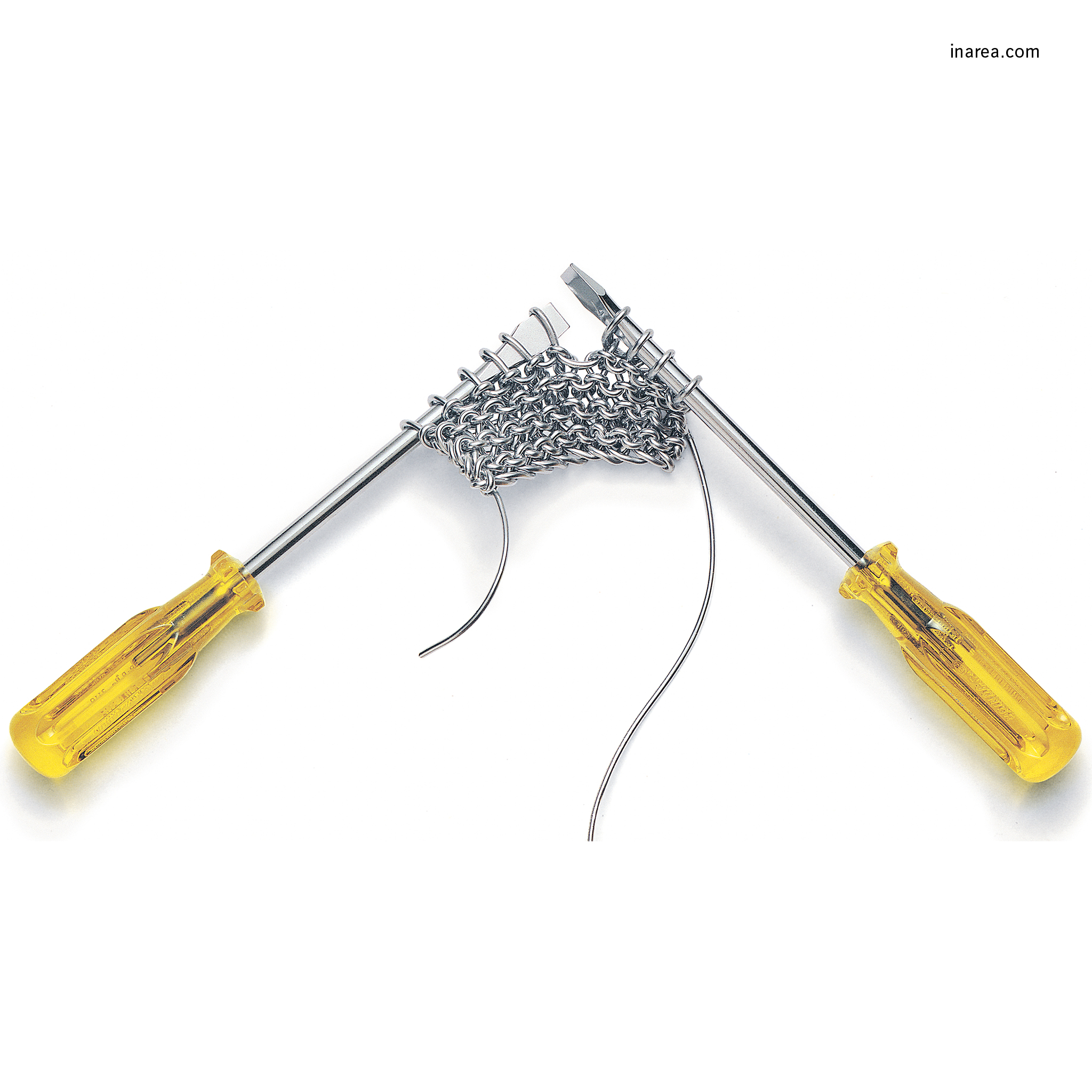What are the clearest examples that language offers on the relationship between form and function? The words that indicate parents: because daddy (or mummy for that matter), is a word that is born of a mini outburst of syllabic joy by the palate. So, what gender is “daddy”? There’s an open vowel ending that makes it sound feminine, but the same applies to the “Papa” who sits on the Throne of St Peter in Rome… and be it fair or not, the Popes have always belonged – with one possible (legendary) exception – to the non-fair sex.
We like to think that each parent can be “sui generis”, as the Romans would have said: i.e. in a class of their own, mixing form and function as they feel fit. The handiwork depicted above may have you in stitches of laughter: could it be an electrician – male or female as “they” may be – doing the knitting? Don’t throw a fit, we’re just playing with words and images here, having fun with a pun or two. And hopefully, regardless of the gender of the knitter, there’ll be no dropped stitches and the garment will be a perfect fit. Even a philosopher like Wittgenstein once said that a serious work could be written entirely in jokes.
Alas, such lightness is nowhere to be found in the ongoing debate on the development of gender-neutral language. Regardless of how we feel about the matter, let’s just bear in mind that languages themselves are unperturbed. Like regal divinities reclining languidly on their divans, in the past they have stolen and borrowed from other languages – all the while remaining unfazed in their comfort zone. “She” and “He” have joined forces to become “They”. So even if the day honouring fatherhood is not being celebrated tomorrow in your part of the world, as it is in Italy, with gender-free spontaneity we’d like to say “Happy Father’s Day”… wherever they are!

